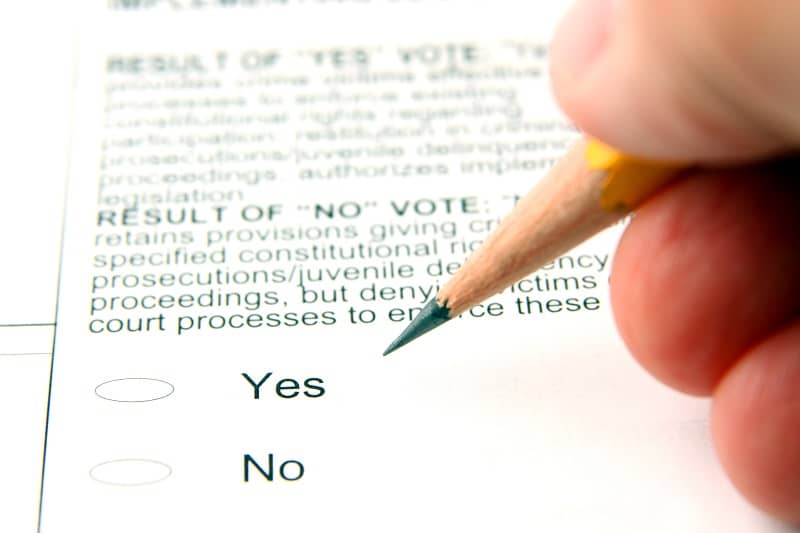By Kathryn Hickok
Oregon ranks 8th in the nation in “burdensome” occupational licensing laws, according to the Institute for Justice’s new report License to Work. The report examines the regulatory burden of state licenses and fees on 102 lower-income occupations. Oregon is also the “8th most broadly and onerously licensed state,” requiring licenses for occupations that most other states don’t.
According to the authors of License to Work, “more Americans than ever must get a government permission slip before they can earn an honest living….Licensing laws now guard entry into hundreds of occupations, including jobs that offer upward mobility to those of modest means, such as cosmetologist, auctioneer, athletic trainer and landscape contractor. Yet research provides scant evidence that licensing does what it is supposed to do—raise the quality of services and protect consumers. Instead, licensing laws often protect those who already have licenses from competition, keeping newcomers out and prices high.”
The Wall Street Journal editorial board pointed out that “stiff licensing requirements are often prohibitive for America’s working poor, keeping them trapped in low-wage, low-skill jobs.” Oregon could make it much easier for job-seekers and potential entrepreneurs to make an honest living by reducing license and fee requirements for occupations that have little to no impact on public safety, and by replacing some occupational licenses with less restrictive credentialing options.
Kathryn Hickok is Publications Director and Director of the Children’s Scholarship Fund-Oregon program at Cascade Policy Institute, Oregon’s free market public policy research organization.
Click here for the PDF version:












